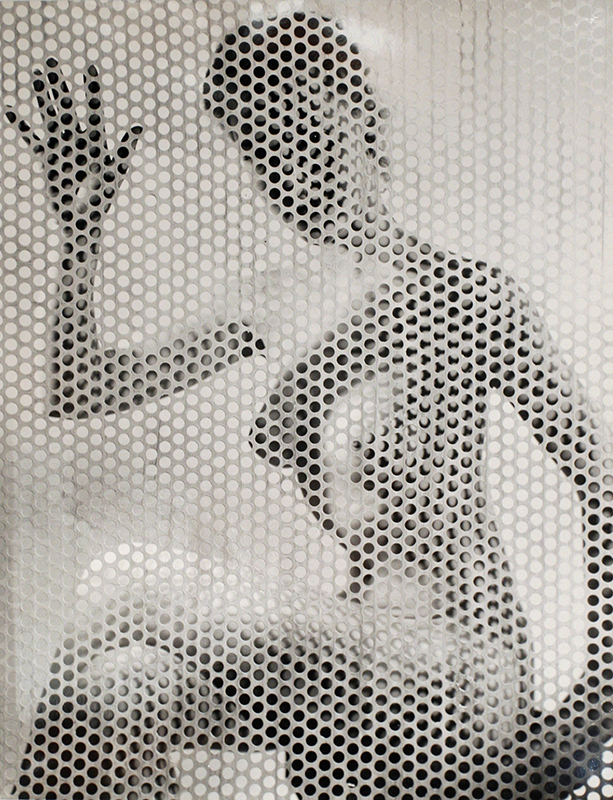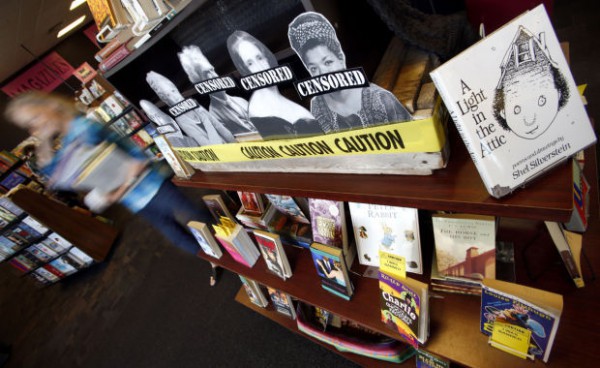Law & Politics
Artists and ACLU Fight Arizona’s ‘Revenge Porn’ Law
A law to protect victims of jilted lovers also happens to criminalize art.

Photo: Courtesy Bruce Silverstein, New York, New York.
A law to protect victims of jilted lovers also happens to criminalize art.

Sarah Cascone

Artists, booksellers, and journalists have banded together to fight an Arizona law that makes distributing nude photos without the subject’s permission a felony, reports Courthouse News. The group believes that the law, which passed in April and took effect in July, is unconstitutional.
The 11 plaintiffs in the case against Arizona Attorney General Tom Horne and all of Arizona’s county attorneys include Antigone Books and the Association of American Publishers. Represented by the Arizona ACLU, they seek an injunction against the law’s enforcement and hope to have it declared unconstitutional.
The law, Arizona House Bill 2515, makes it a crime to “intentionally disclose, display, distribute, publish, advertise, or offer a photograph, videotape, film or digital recording of another person in a state of nudity or engaged in a sexual act if the person knows or should have known that the person depicted has not consented to the disclosure.”
It is meant to prevent a spurned lover from intentionally and maliciously distributing “revenge porn” in the hopes of damaging the subject’s reputation, but also targets artistic and journalistic work, as it is not limited to porn or obscene images.
An article by the Associated Press reports that “According to the National Conference of State Legislatures, 13 states have adopted revenge porn laws in the last two years, but most are very narrowly written. The Arizona law is the only one that has been challenged by the ACLU.”

A protest display at a Bookmans Entertainment Exchange store in Arizona.
Photo: Kelly Presnell for the Arizona Daily Star.
In their case against the state, the plaintiffs list several constitutionally protected scenarios that are now considered criminal behavior in Arizona. As of July, professors cannot show students iconic images such as Napalm Girl, Nick Ut’s Pulitzer Prize–winning photo of a naked girl running down the street during the Vietnam War; newspapers cannot print photos of naked Abu Ghraib prisoners; and bookstores cannot sell art books with nude photos by Edward Weston and other photographers. Even mothers could be targeted for sharing naked photos of their babies with family members.
The bill “equally criminalizes posting another’s private photograph on a widely accessed Internet site, showing a printed image to one friend, publishing a newsworthy picture in a textbook, and including a nude photograph in an art exhibition,” argues the lawsuit. Those found guilty under the new legislation can face up to three years and nine months in prison.
“This law puts us at risk for prosecution,” said Gayle Shanks, owner of Changing Hands Bookstore, one of the plaintiffs, in a statement. “There are books on my shelves right now that might be illegal to sell under this law. How am I supposed to know whether the subjects of these photos gave their permission?”
“States can address malicious invasions of privacy without treading on free speech, with laws that are carefully tailored to address real harms. Arizona’s is not,” claims Lee Rowland, staff attorney with the ACLU’s Speech, Privacy, and Technology Project.